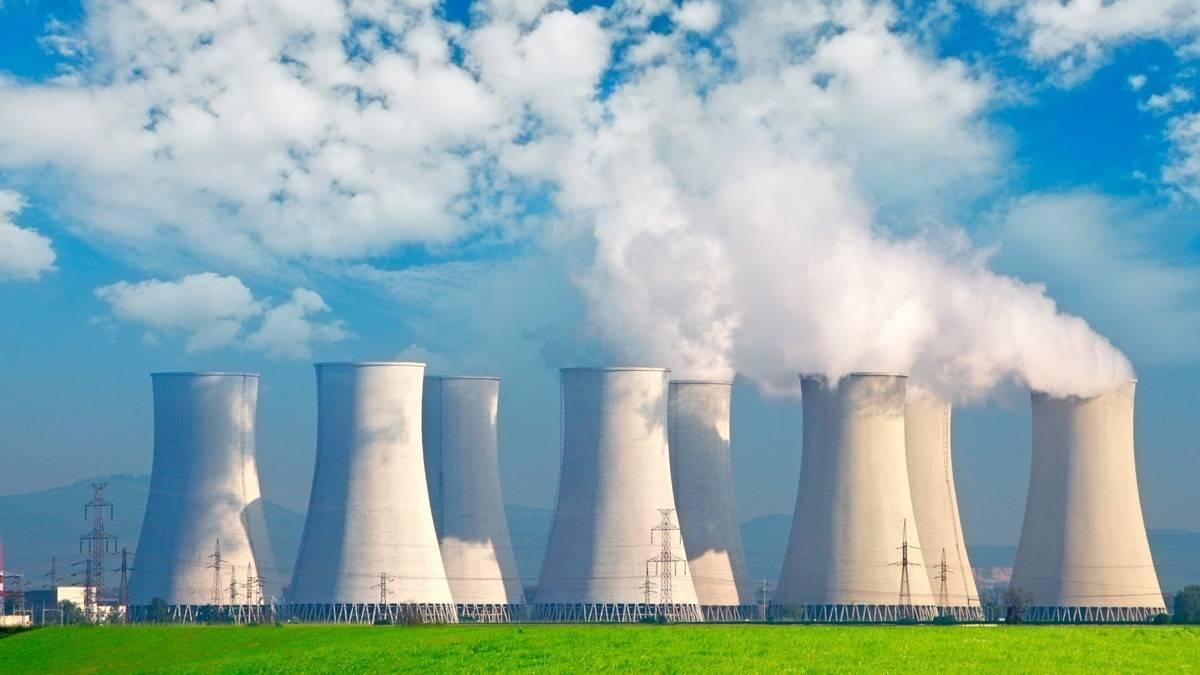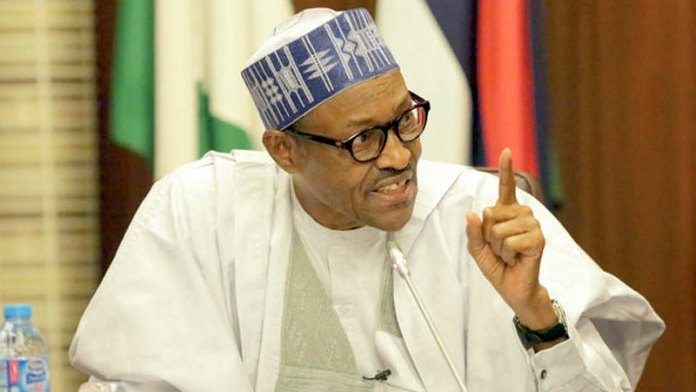The Chief Executive Officer, Rosatom Central and Southern Africa (Pty) Limited, Dmitry Shornikov, has said the negotiations for the establishment of a nuclear power plant and a nuclear science and technology centre in Nigeria have reached an advanced stage. Shornikov, who stated this on the sidelines of the Future Energy Nigeria conference in Lagos, noted that the Russian firm signed the project development agreement in October 2017.
“The project development agreement basically sets the framework for the negotiations and the cooperation between both parties as to how they want to proceed in negotiating the nuclear science and technology centre and the nuclear power plant,” he said. According to him, nuclear power is the most controlled and regulated, and the safest source of energy.
Shornikov said, “The cooperation with Nigeria started back in 2009; so we have been advancing. In October 2017, we signed the project development agreement, which sets the stage for further discussions and if both parties are able to reach consensus, it gives the framework to discuss the engineering and procurement contract.” Asked when the consensus would likely be reached, he said, “I think it is a little bit premature to give any timeframe at the moment. We are working on that. But I think it is Nigeria’s prerogative to give any estimation.
“We all know that electricity availability and affordability remain a big problem in Nigeria, and sorting out this problem, from our point of view, is a prerequisite for sustainable development of the economy and industries. At the moment, industries in Nigeria experience too many power outages that affect their revenues, and the country’s Gross Domestic Product in general.” The Rosatom chief said solving the energy availability and reliability problem in Nigeria would help boost the country’s economy.
“This is where nuclear comes very instrumental because nuclear is one of the sources of power that is reliable, affordable and environmentally friendly. The lifespan of a nuclear plant is 80 years,” Shornikov added. “The project development agreement basically sets the framework for the negotiations and the cooperation between both parties as to how they want to proceed in negotiating the nuclear science and technology centre and the nuclear power plant,” he said.
According to him, nuclear power is the most controlled and regulated, and the safest source of energy.
Shornikov said, “The cooperation with Nigeria started back in 2009; so we have been advancing. In October 2017, we signed the project development agreement, which sets the stage for further discussions and if both parties are able to reach consensus, it gives the framework to discuss the engineering and procurement contract.”
Asked when the consensus would likely be reached, he said, “I think it is a little bit premature to give any timeframe at the moment. We are working on that. But I think it is Nigeria’s prerogative to give any estimation.
“We all know that electricity availability and affordability remain a big problem in Nigeria, and sorting out this problem, from our point of view, is a prerequisite for sustainable development of the economy and industries. At the moment, industries in Nigeria experience too many power outages that affect their revenues, and the country’s Gross Domestic Product in general.”
The Rosatom chief said solving the energy availability and reliability problem in Nigeria would help boost the country’s economy. “This is where nuclear comes very instrumental because nuclear is one of the sources of power that is reliable, affordable and environmentally friendly. The lifespan of a nuclear plant is 80 years,” Shornikov added.
Source: Punch Newspaper.




